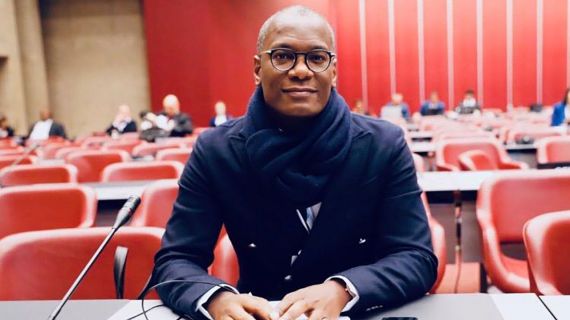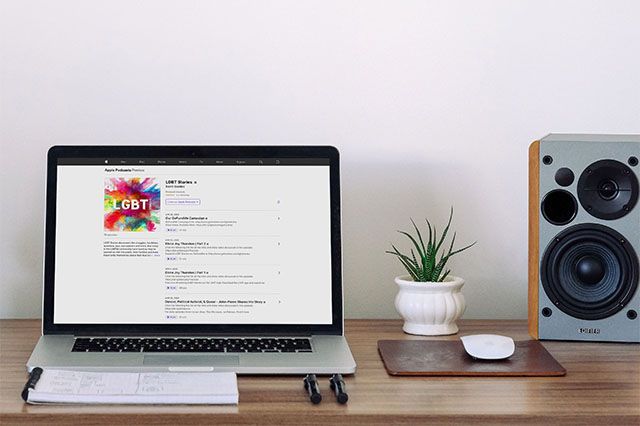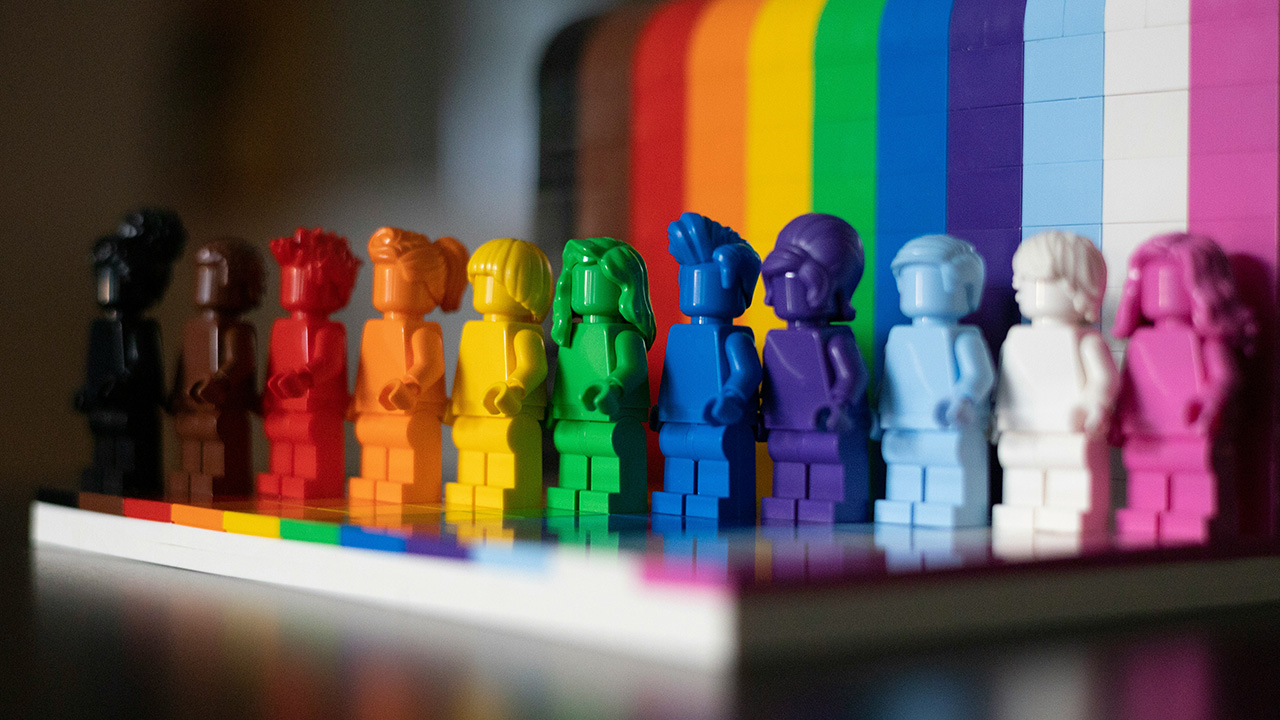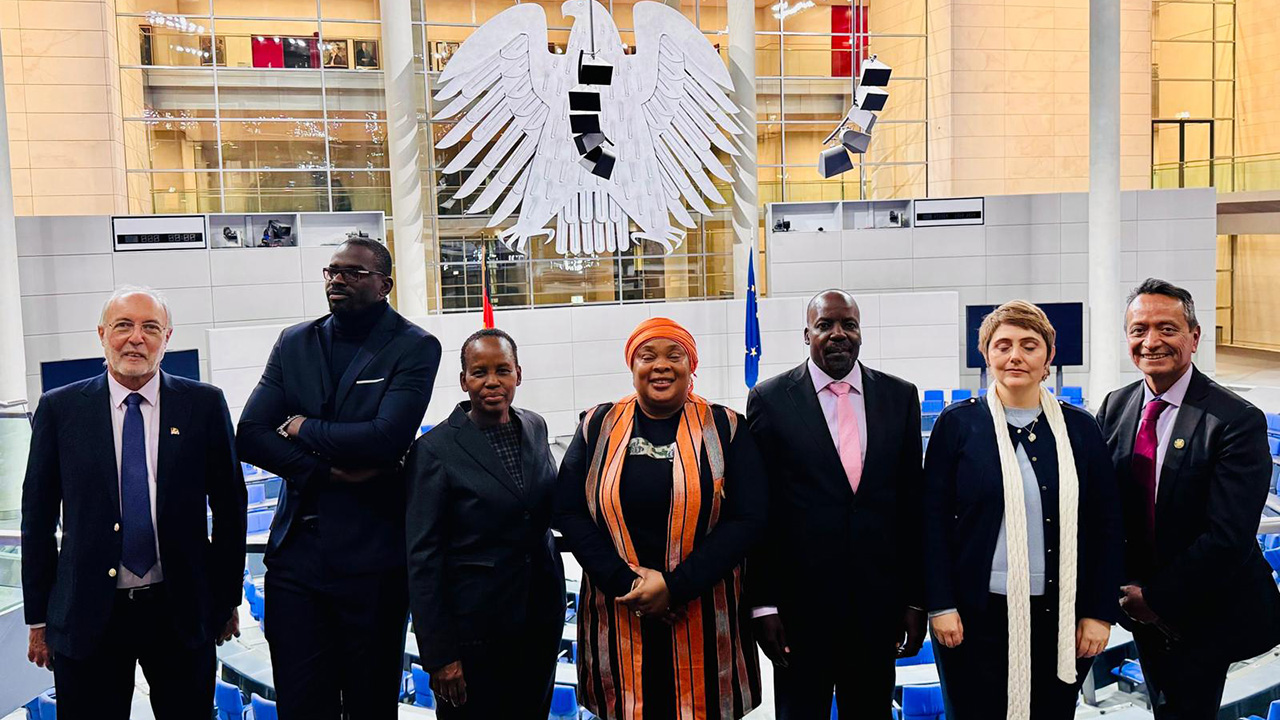
Stigma, violence and discrimination against lesbian, gay, bisexual, transgender and intersex (LGBTI) people contribute significantly to their exclusion from society, limit their access to health and other critical services and hinder social and economic development.
Although many important gains have been made, homophobic and transphobic attitudes, often combined with punitive laws and/or lack of effective legal protection against discrimination, continue to expose many LGBTI people around the world to serious violations of their human rights.
According to ILGA’s latest ‘State-sponsored Homophobia’ report, 70 countries still criminalize same-sex sexual acts between consenting adults and in 12 countries it is allowed to punish such acts with death sentence.
The Campaign against Discrimination based on Sexual Orientation and Gender Identity (SOGI) was launched in 2013. It seeks to mobilize parliamentarians as human rights champions, taking action to guarantee that every individual has equal value, lives with dignity and is able to achieve their highest potential free from all forms of violence and discrimination, including on the basis of sexual orientation, gender identity and expression and sex characteristics (SOGIESC). This is in line with Sustainable Development Goal (SDG) 16: To promote just, peaceful and inclusive societies; including target 16.b. on promoting and enforcing non-discriminatory laws and policies for sustainable development.
In order to achieve this goal, the SOGI Campaign pursues the following outcomes:


Advancing the Human Rights and Inclusion of LGBTI People |
|
| www.pgaction.org/inclusion/ | |
|
|
Supported by an expert Secretariat, PGA members work together to educate, sensitize, build technical capacity, and strengthen the political will of parliamentarians to achieve campaign objectives through concrete legislative and policy initiatives. PGA works with individual parliamentarians in their national contexts through country-specific strategies, leveraging that capacity with international networking to facilitate connections among parliamentarians and build bridges with civil society, domestic and international policy-makers, and other stakeholders.

The goal of the event was to connect parliamentarians with peers from other countries and civil society organizations in their region to generate and strengthen political will to advance equality, share best practices and lessons-learned on reforms.

The Equal Rights Coalition (ERC) is an intergovernmental body of 45 Member States dedicated to the protection of the rights of lesbian, gay, bisexual, trans, queer and intersex (LGBTQI+) persons.
